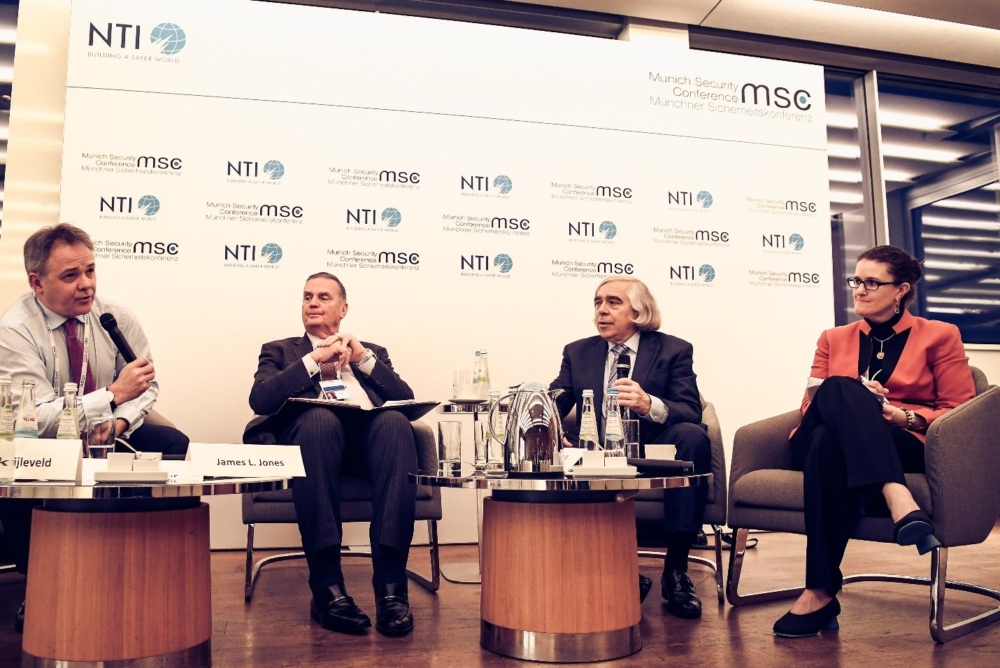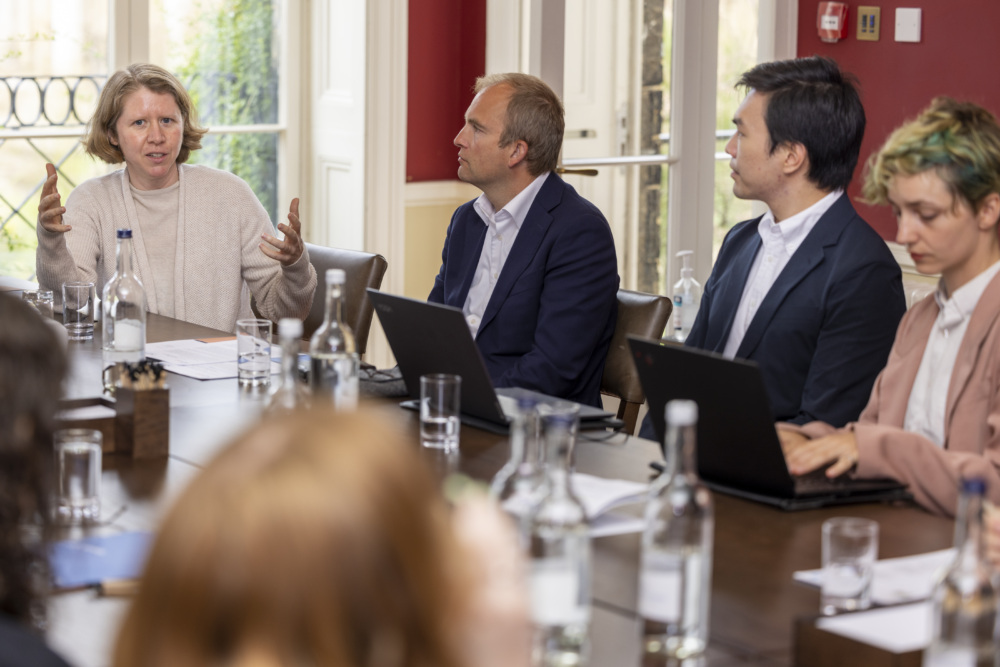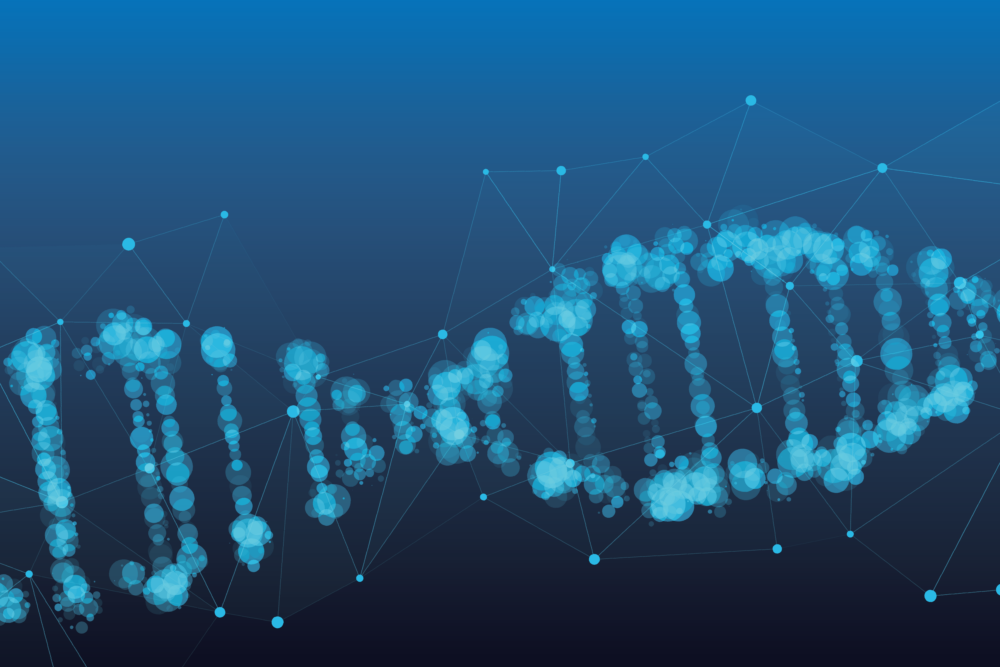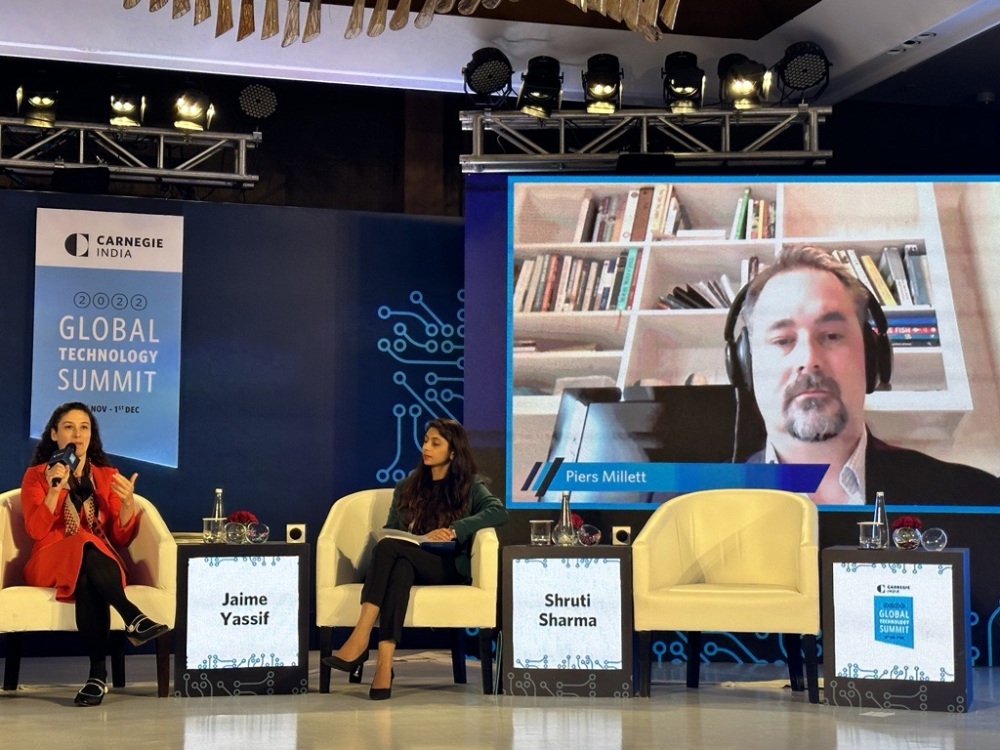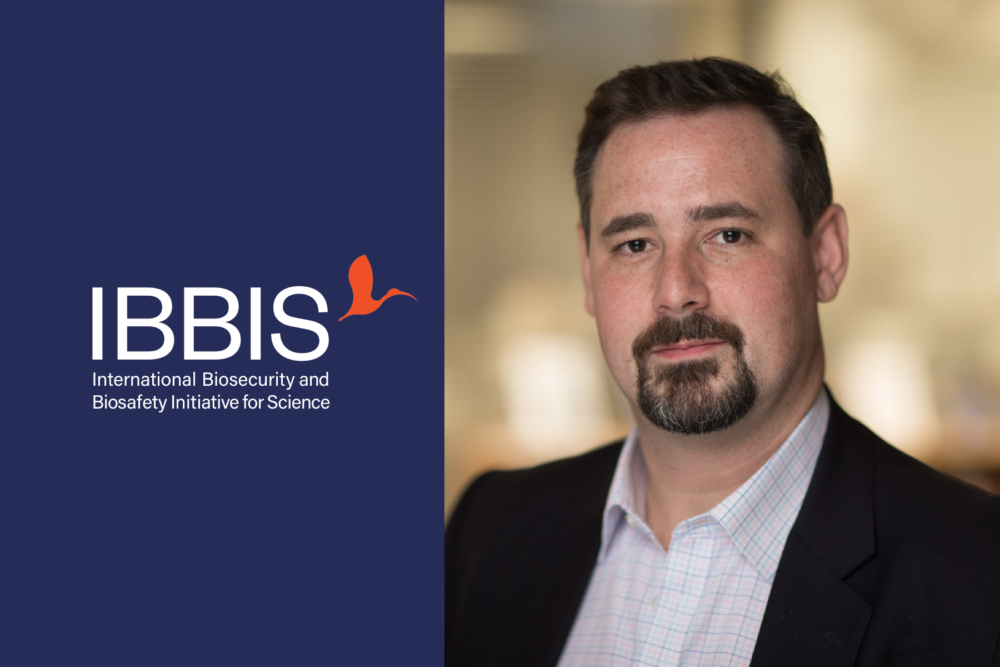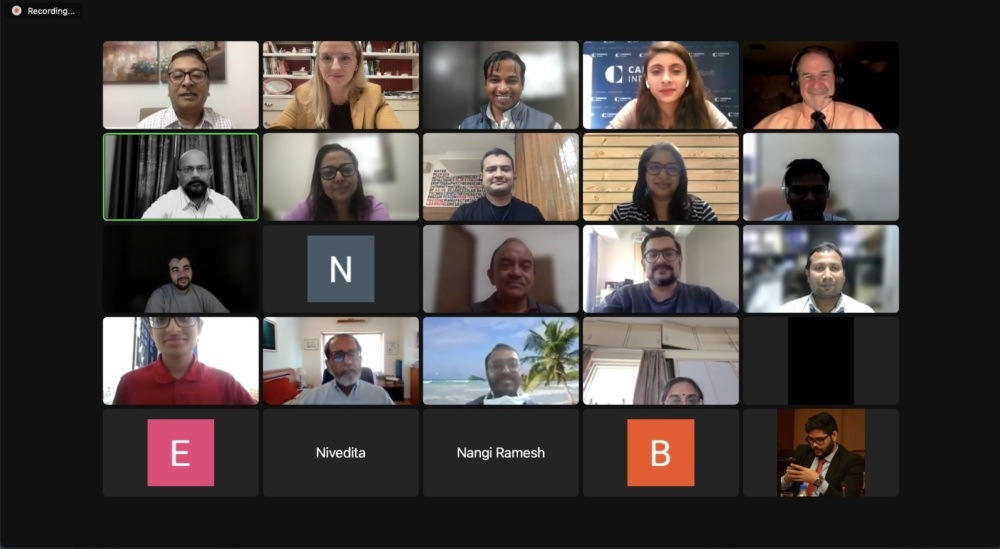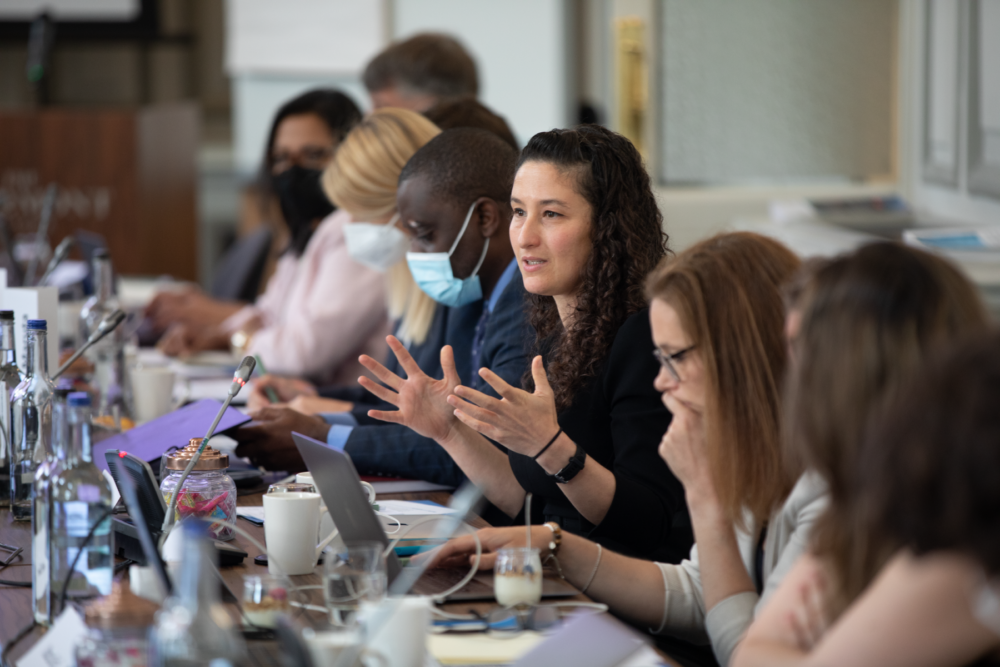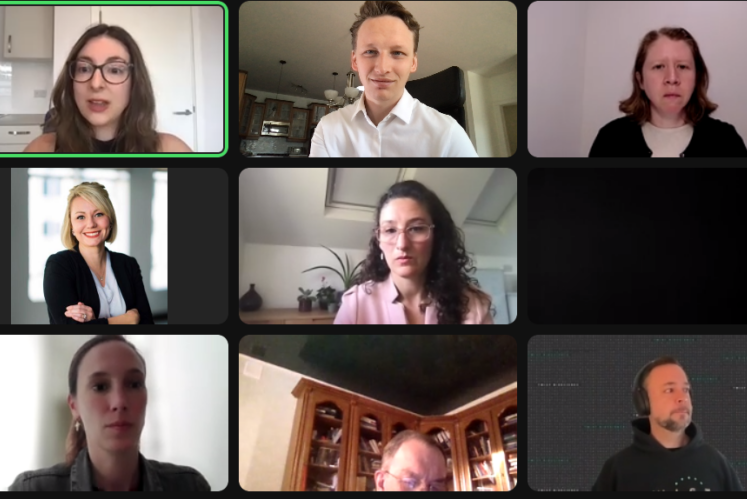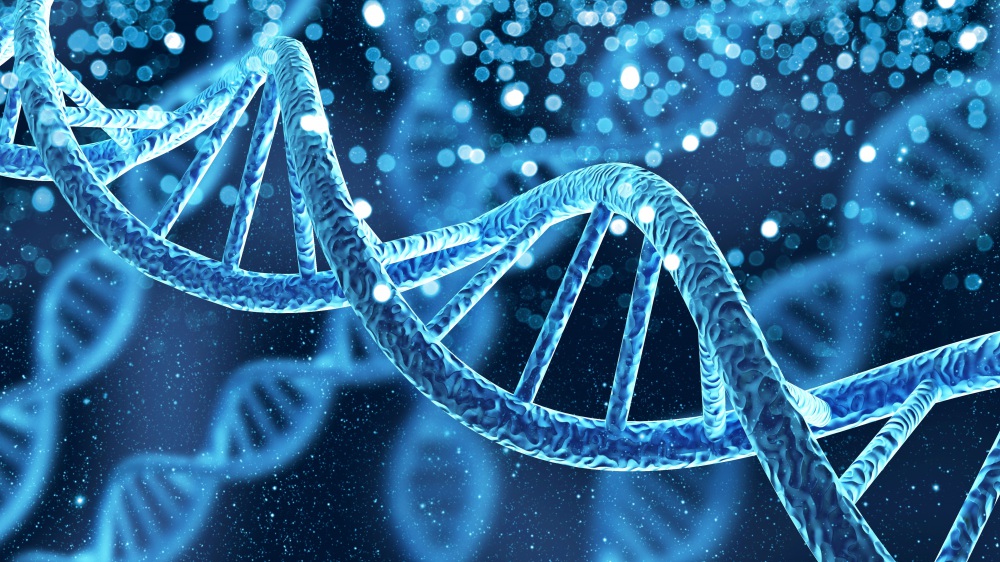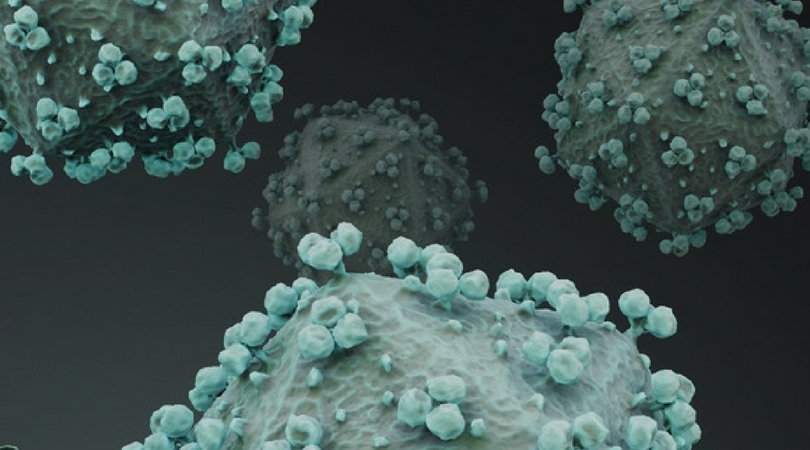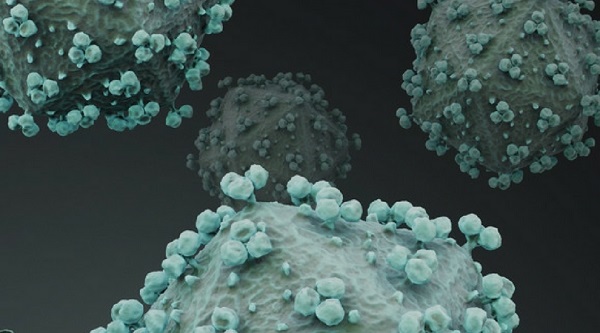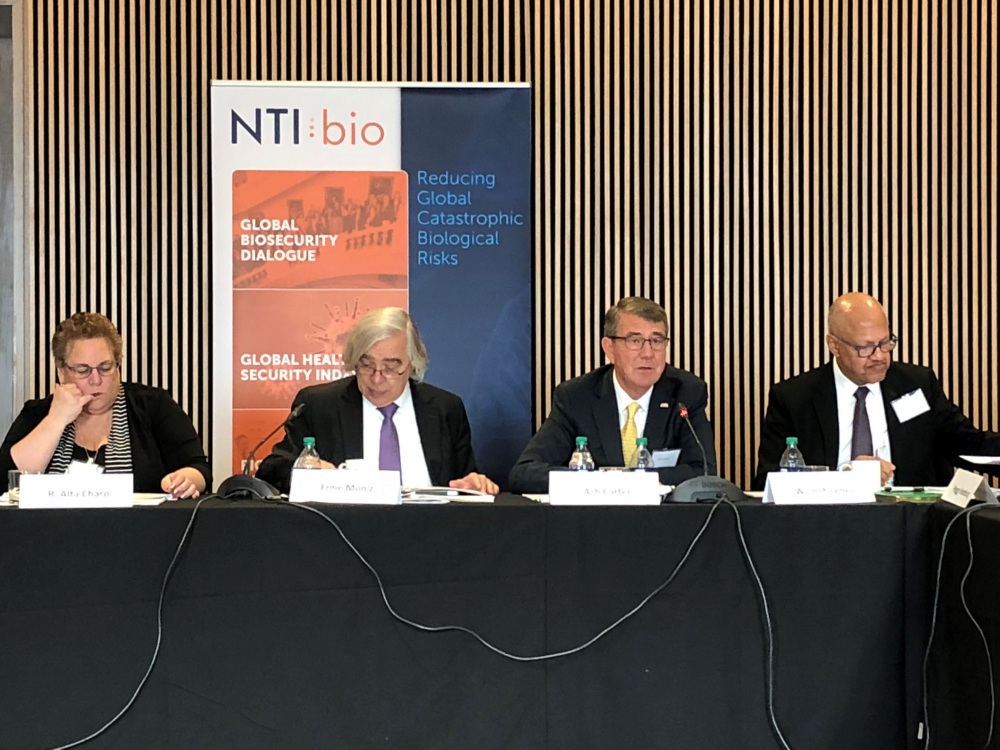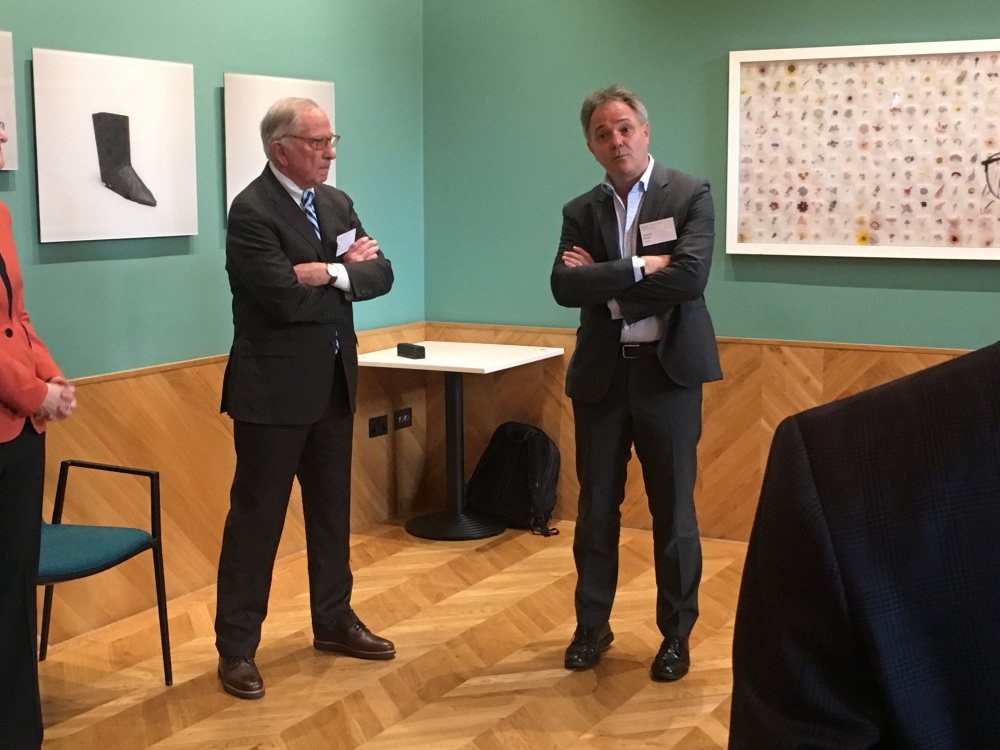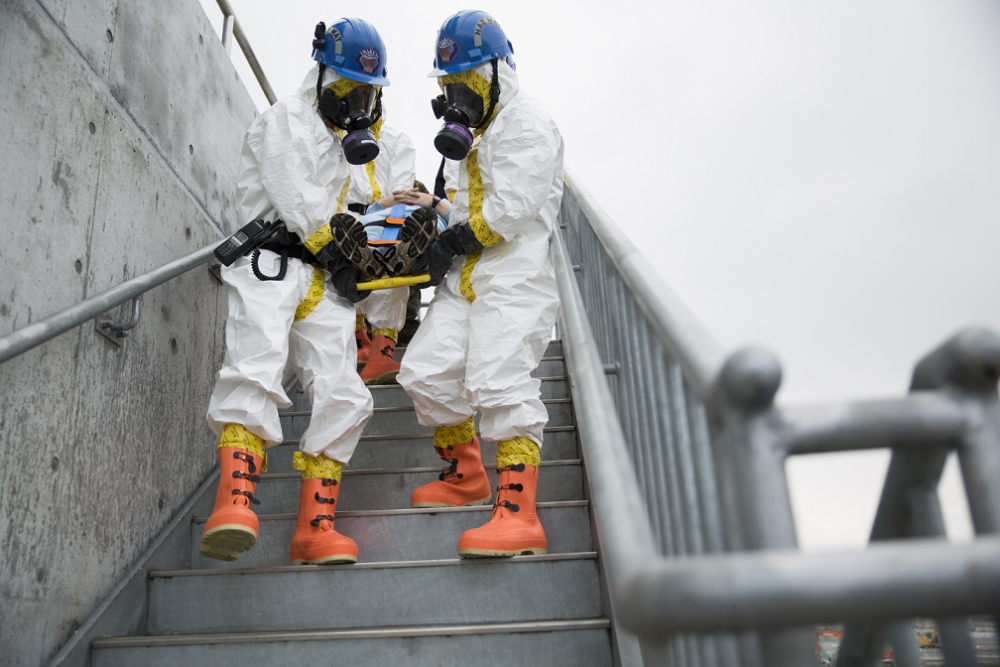
Aparupa Sengupta, Ph.D., RBP
Senior Program Officer, Global Biological Policy and Programs
Advances in biotechnology outpace national governments’ ability to provide needed oversight to prevent accidents or deliberate misuse of dangerous biological agents.
Engage public and private sector leaders to develop, promulgate and incentivize new global biosecurity norms and technical approaches that can enhance innovation while protecting against possible harm.
Commitments and actions from scientific leaders, and experts from companies, educational institutions, scientific organizations and governments to continuously improve biosecurity as they advance biotechnology.
Rapid advances in technology hold the promise of a future that is more resilient to disease, food insecurity, and environmental instability. There is no doubt that advances in genomics, synthetic biology, and virology will continue to prove essential to achieve a safer, healthier, and more secure society.
At the same time, global trends in travel, trade, terrorism, and technology are increasing the risk of a deliberate or accidental high-consequence biological event. Advances in technology, cheaper DNA synthesis, and widespread access to gene editing tools have made it possible for a broader array of actors to manipulate biological agents and systems. These scientific advances are outpacing the ability of national governments to provide effective oversight, forcing the technical community to govern itself – and creating an uneven patchwork of security and safety practices across facilities, countries and regions.
NTI | bio is working with stakeholders around the world to mitigate the misuse of tools and technologies to carry out biological attacks and to reduce the risk of a laboratory accident that could result in a high-consequence or catastrophic biological event.
This work includes:
Through this effort NTI | bio seeks concrete actions from researchers, institutions, companies and investors to improve security around advances in biotechnology–advancing a safer and more secure pursuit of biotechnology innovation to benefit society.
In 2019, NTI and its Biosecurity Innovation and Risk Reduction Initiative partners launched five working groups to engage new stakeholders, identify urgent actions, and catalyze the adoption of new approaches to reduce biological risks associated with advances in technology.
The working groups will focus on the following five concepts identified as initial priorities by Initiative members:
More information about this initiative, including concept papers by experts involved in the project outlining steps to be taken to reduce risks associated with advance in technology, can be found on the event page for the October 2018 kickoff meeting.
Past Event
Palais des Nations, Building E, Room XXIV, Geneva, Switzerland
|
1:15-2:45 PM CET
NTI | bio convened the annual Biosecurity Innovation and Risk Reduction Initiative (BIRRI) meeting from May 31 to June 2 at Downing College in Cambridge, United Kingdom.
A new NTI | bio report describes the status of benchtop DNA synthesis devices, explains the risks for biosecurity, and recommends action and oversight by governments, industry, and the scientific community.
NTI | bio partnered with Carnegie India as a "knowledge partner" for the 2022 Global Technology Summit and led two sessions on global biosecurity and biosafety.
NTI announces Dr. Piers Millett as the founding executive director of IBBIS, a new global biosecurity organization.
NTI | bio’s Dr. Aparupa Sengupta joined a groundbreaking discussion on the nexus of cyber- and bio-security.
NTI | bio convened more than 30 experts for a meeting of the Biosecurity Innovation and Risk Reduction Initiative (BIRRI) in London, United Kingdom between June 9-10, 2022.
NTI | bio and the World Economic Forum (WEF) convened the third annual meeting of the Technical Consortium on DNA Synthesis Screening on May 12-13, 2022.
DNA synthesis is a key service that supports the growing bioeconomy, and demand for customized synthetic DNA is growing
NTI Co-Chair and CEO work urgently to reduce biological risks associated with advances in technology.
Advancements in commercially available DNA synthesis technologies pose growing risks, with the potential to cause catastrophic biosecurity threats if misused.
NTI joined more than 40 individuals, leading NGOs, and institutions to endorse a Joint NGO Statement to the 2018 BWC Meeting of States Parties (MSP).
NTI | bio partnered with the FHI and JHU CHS to assess the impact of advances in technology on global catastrophic biological risks and new ideas to address them.
NTI joined with 60 leading ghs organizations/experts for funding of programs that counter biological threats in the Trump Administration’s budget request.
Past Event
Cambridge, Massachusetts
NTI bio launches the Biosecurity Innovation and Risk Reduction Initiative to reduce global catastrophic biological risks associated with biotechnology.
NTI | bio partnered with Wellcome Trust and the WEF to develop approaches to advance technical innovations to reduce biological risks associated with technology.
Reducing radiological risks is a priority for NTI and its partners to raise awareness about the risks posed by cesium-137 and other dangerous isotopes.
Philipp Bleek analyzes Aum Shinrikyo's biological weapons efforts and uses the cult's failed attempts as a tool to assess the threat of bioterrorism.
